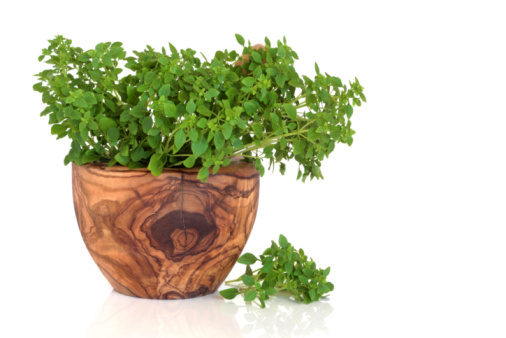According to the HerbalGram, sales of herbal supplements have grown from $4.1 billion in 1999 to $5 billion in 2009 (1). Retailers, it is vital that you stock the supplements that are in high demand so you can achieve optimal sales.
Educating clients and having a good selection is key as consumers are not always aware of all the different types of available herbal supplements and they are more prone to purchase items that are popularized by the media. With that in mind, it is important for natural products stores to provide the right herbal supplements for their customers. One thing to keep in mind is that certain herbal supplements are in higher demand depending on the season. Take, for example, sales of herbal supplements for colds and flu, which seemed to be big sellers in 2009 because of media focus and the global concern about the swine flu epidemic. However, there are always certain mainstays that are top sellers regardless of media influence that should always be readily available to customers.
According to data from the SPINS of Chicago, IL, the top three selling botanical dietary supplements in the U.S. natural and health food channels are aloe vera, flaxseed and/or oil, and wheat or barley grass. These supplements are fairly standard, so as a store owner, you should always keep a generous stock of these. Coming in fourth place is the relatively new supplement, açaí, with sales of $10,413,011 in 2009. This large increase in sales (up 133% since 2008) may be attributed to intense media attention for its possible weight-loss properties. Therefore, keep track of current trends—like açaí—and keep appropriate items well-stocked.
The top three herbal dietary supplements in the food, drug and mass market channel according to the IRI data are cranberry, soy and saw palmetto. Cranberry has remained the leader in this category for the past two years, so it is vital that you keep cranberry supplements readily available to customers.
This year’s IRI data seem particularly significant as sales of herbal supplements have reached double-digit growth.
Total sales of herbal supplements for 2009 were $249,664,836 dollars in the natural channel, showing astronomical growth from years past. People may wonder, “Why the sudden rise in sales?” Some of the increase can be attributed to the fact that more mainstream consumers are seeking options to conventional healthcare for treating and preventing their health concerns. In this economic downturn, some Americans are exchanging bad or expensive habits for healthier ones, such as choosing supplements over costly prescriptions. The trends may change throughout the years, so it is vital to be on the lookout for certain trends and popular herbal supplements, while also keeping a steady stock of the older, successful stand-bys such as aloe vera and cranberry. Keep with the popular adage: “Give the people (or in this case, consumers) what they want!”
Reference
1. C. Cavaliere, et al., “Herbal Supplement Sales Rise in All Channels in 2009,” HerbalGram 86, 62–65 (2010).









